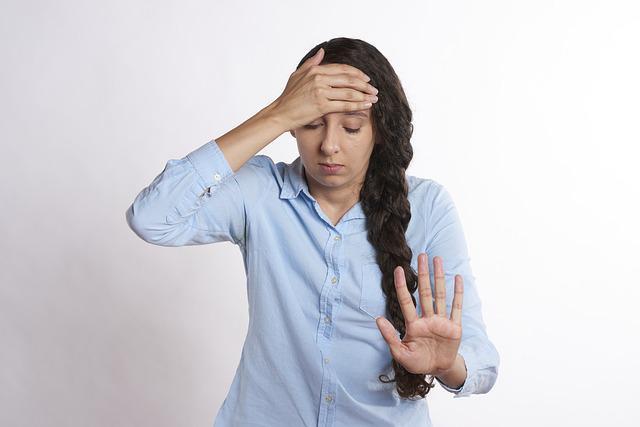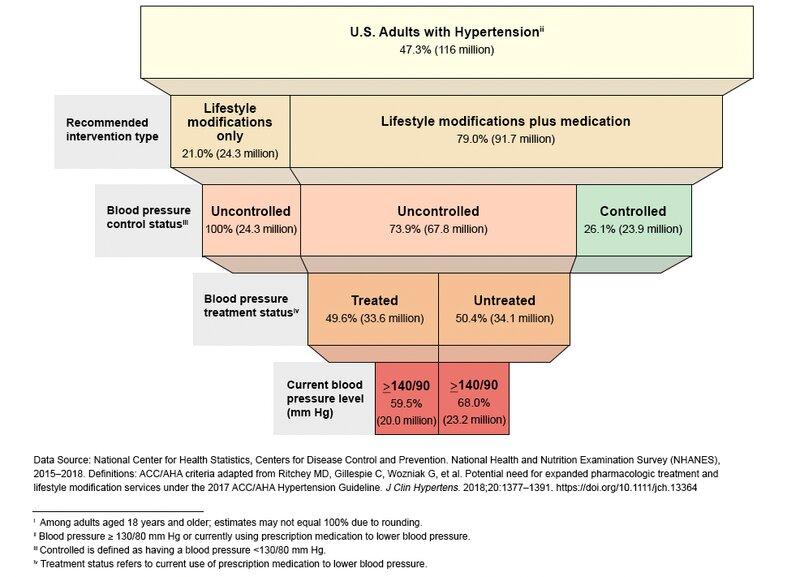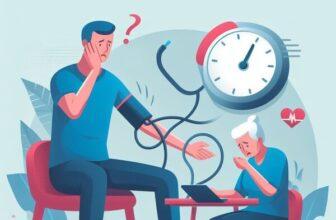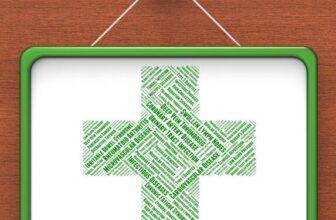
(Note: Some of the links in this post are affiliate links, and we will be compensated when you make a purchase by clicking through our links at no additional cost to you.)
What Do You Feel During High Blood Pressure?
People with primary hypertension or high blood pressure often has no signs or symptoms. In addition, the possible symptoms of high blood pressure vary quite a lot from person to person. The only way to find out if you have high blood pressure is to be tested for it.
For this reason, high blood pressure is often called “the silent killer” because you may not know you have it until you start having serious complications with your heart, brain, or kidneys. It is thought that about 1 in 3 US adults does not know they have high blood pressure because they do not have any symptoms.
Nevertheless, some people with high blood pressure do experience symptoms such as:
- Severe Headache – When you get chronic headaches that last for days (rather than hours) you should immediately see a physician and get your blood pressure checked
- Confusion
- Nausea
- Chest Pain
- Ear noise of buzzing
- Irregular heartbeat or palpitations
- Nosebleed
- Weak feeling in arms or legs
- Tiredness
- Dizziness
- Shortness of breath – usually when this occurs people start to get a little concerned. Often by this time though the blood pressure has probably reached high enough levels to be dangerous as this is one of the last symptoms of hypertension you’ll experience
- Blurred vision

Secondary hypertension, which is driven by a medical condition in another organ, may be indicated in situations where:
- Very sudden onset of above symptoms
- Children or young adults
- Onset after seniors (50 and over) with no prior elevated blood pressure
- No family history of hypertension
- Resistance to treatment with medication
Please note that your blood pressure can change from one minute to the next when you:
- Exercise
- Become tense
- Change your position (from sitting to standing)
- Have pain
- Sleep
Who Gets Hypertension?
About 116 million U.S. adults (47.3% of the population) have high blood pressure. In the U.S., high blood pressure occurs more often in African Americans. Compared to other groups, African Americans:
- Tend to get high blood pressure earlier in life
- Usually have more severe high blood pressures
- Have a higher death rate from stroke, heart disease, and kidney failure.

Many people get high blood pressure as they get older. Over half of all Americans age 60 and older have high blood pressure. This is not a part of healthy aging! There are things you can do to help keep your blood pressure normal, such as eating a healthy diet and getting more exercise.
Your chances of getting high blood pressure are also higher if you:
- Are overweight
- Are a man over the age of 45
- Are a woman over the age of 55 (Men generally have a higher risk of high blood pressure. The risk for women increases during pregnancy and after menopause.)
- Have a family history of high blood pressure
- Have a “prehypertension (120-139/80-89)”
Other things that can raise blood pressure include:
- Eating too much salt
- Drinking too much alcohol
- Not eating enough potassium
- Not exercising
- Taking certain medicines
- Stress that is long-lasting
Your risk of getting high blood pressure is much higher if you have preexisting conditions such as:
- Heart Disease (enlarged heart, heart failure, angina, bypass surgery)
- Diabetes
- High Cholesterol
- Previous strokes or mini-strokes
- Kidney damage
- Damage to the retina of the eye
- Damage to the blood vessels
The only true way of ascertaining whether you have high blood pressure or not is by having it checked or monitored regularly using a home blood pressure monitor and tracking it with a blood pressure log. This is a painless procedure, and every adult should have their blood pressure checked regularly since your blood pressure can change over time. This way you are more likely to catch a change before it becomes dangerous. Ask your health care provider how often you need to check it.
>>> Discover The Most Accurate Blood Pressure Monitor For Home Use







